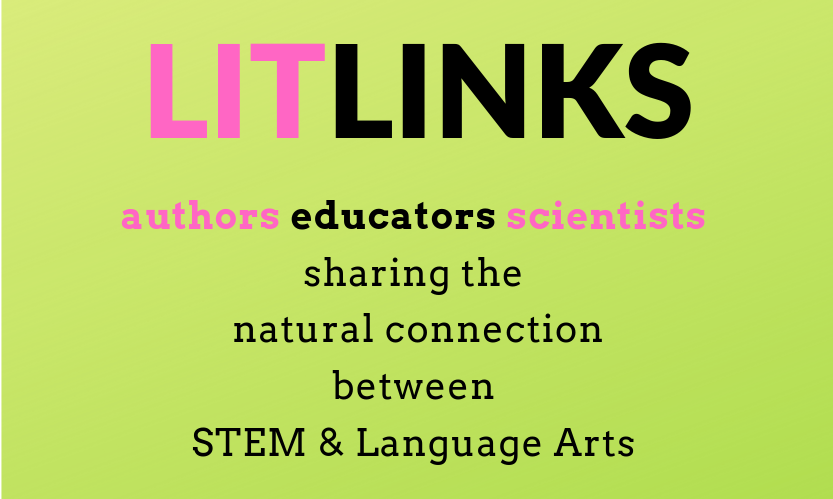
BY PATRICIA NEWMAN
A River’s Gifts tells the story of the Elwha River Restoration. Thousands of years ago, the river fed the salmon, the wildlife, the forest. When The Strong People arrived, the river fed them, too. Until settlers arrived in 1790 and everything changed. They built dams for electricity, which had disastrous effects on the river, the salmon fishery, and the surrounding ecosystem.
One of the best ways to understand nature is to put ourselves in its shoes so to speak. In this lesson, students will look at the world using “Salmon Eyes” and write a persuasive conversation-style poem to convince salmon to return to the Elwha River.
Students will need a copy of A River’s Gifts, student notebooks, and a pencil or pen
Through salmon eyes
- Ask students to read A River’s Gifts independently or you can read it aloud to the class.
- Then watch the video, Through Salmon Eyes (below), to get a salmon’s perspective of the river. Although the video is not specific to the Elwha River, it’s still a great piece to help students look at the river from the salmon’s perspective.
- Discuss:
- What combination of factors, both natural and man-made, is necessary for healthy river restoration?
- How does this enhance the sustainability of natural and human communities?
- Next, ask students to complete the Only the Strong Survive worksheet (below) to calculate how many salmon will return from the ocean to their natal stream.
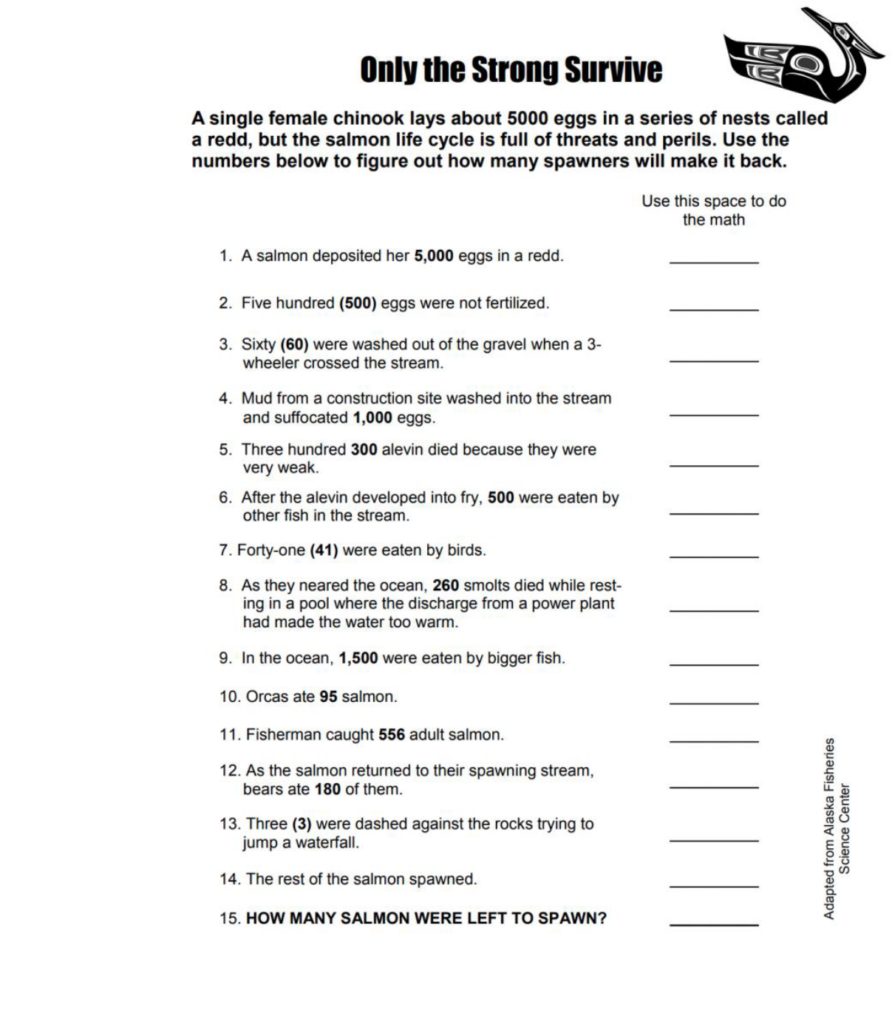
Writing a poem as a conversation
- Ask students to write a poem structured like a conversation in which one speaker asks a question and another speaker responds.
- Within the question and answer structure the poem can rhyme, or it can be sad or silly, but it needs to include onomatopoeia. Students should choose their words carefully to make their poems strong, concise and musical. Think of this as a song to the salmon.
- In the poem one speaker must be a salmon. The other speaker can be the student, someone/something else, or another salmon.
- The main objective of the poem now that the dams on the Elwha have come down, the river is once again accessible to wild salmon.
- Ask the salmon to return with questions about their whereabouts, what they are doing, who they are with when they will be back, etc.
- Tell the salmon about the beautiful river waiting for their return.
- The salmon should reply as honestly as possible. They may have questions of their own. The responder may become the questioner.
- To brainstorm ideas for their poems, students can brainstorm in their notebooks with a table like the one below:
| Who is your questioner? | Who is your responder? |
| List possible questions | List possible responses |
Evaluation
- Now identify the ideas from their notebook that they like best by circling them.
- Instruct students to use the circled ideas to craft a poem in their notebook.
- Ask students to listen to their words. Do they have music?
- Do they create images in the our imaginations?
- Can they use better words or a different arrangement of words?
- Ask students to arrange their poems into at least six stanzas. Remember a stanza in poetry is a series of lines ar-ranged together into a pattern. Students read their poems aloud to the class.
The above lessons were adapted from Olympic National Park’s Creative Response Lesson 2: Calling the Salmon Back to the Elwha and the Salmon Homecoming Alliance Student Workbook.
Featured image photo credit: John Mahan, LEKT Fish Hatchery Manager
Critically acclaimed author of nonfiction books for children, recipient of a prestigious Sibert Honor for best informational book written in English, Patricia Newman empowers her readers to seek connections to the real world and to use their imaginations to act on behalf of their communities. Using social and environmental injustice as inspiration for books, Patricia frequently speaks to adults and children share how we can affect change. Find her online at patriciamnewman.com.
Books
Patricia’s nonfiction books for children have been welcomed in classrooms and libraries around the country. Considered one of the best nonfiction authors writing for students in today’s market, her new release A River’s Gifts received starred reviews from Booklist and Kirkus. Other titles include:
- Planet Ocean – Orbis Pictus Recommended, Children’s Book Committee at Bank Street College Best Children’s Book of the Year, Outstanding Merit
- Sea Otter Heroes – Robert F. Sibert Honor, ALA Notable Book, Green Earth Book Award
- Eavesdropping on Elephants – Outstanding Science Trade Book; Children’s Book Committee at Bank Street College Best Children’s Books of the Year; Eureka! Gold Award from the California Reading Association
- Zoo Scientists to the Rescue – Eureka! Gold Award from the California Reading Association, Bank Street Center for Children’s Literature Best Children’s Books of the Year
- Plastic, Ahoy! – Green Earth Book Award, AAAS/Subaru Science Books and Film Prize, finalist
- Neema’s Reason to Smile – Parents’ Choice Recommended


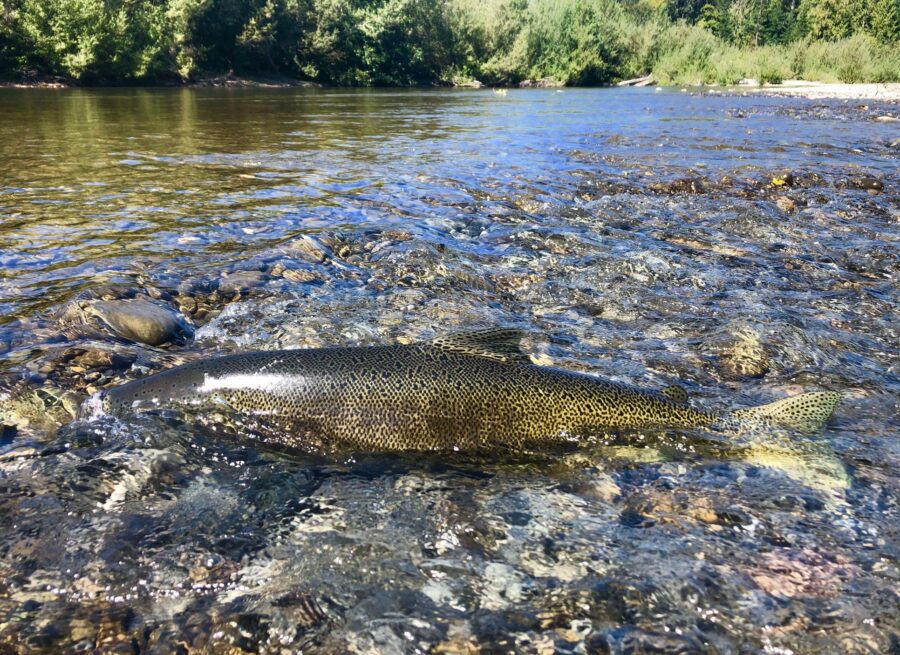
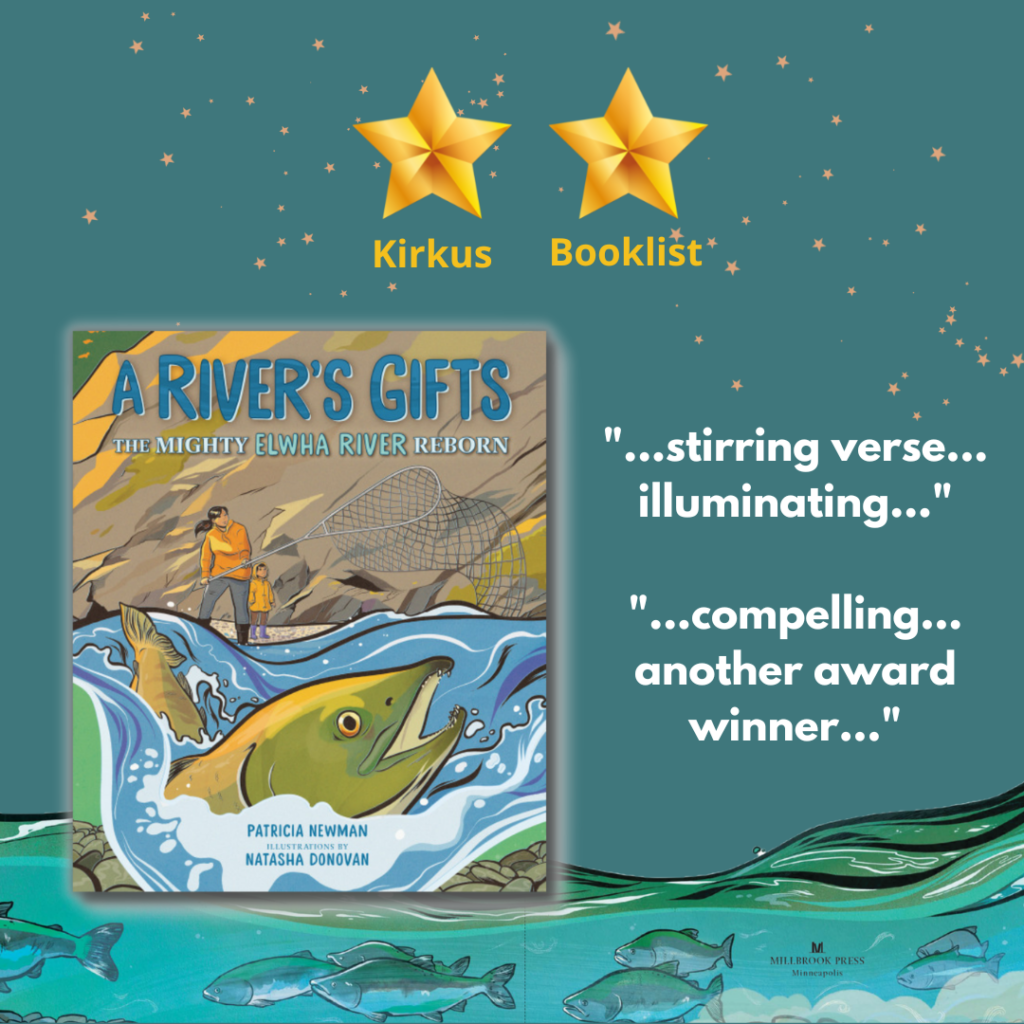
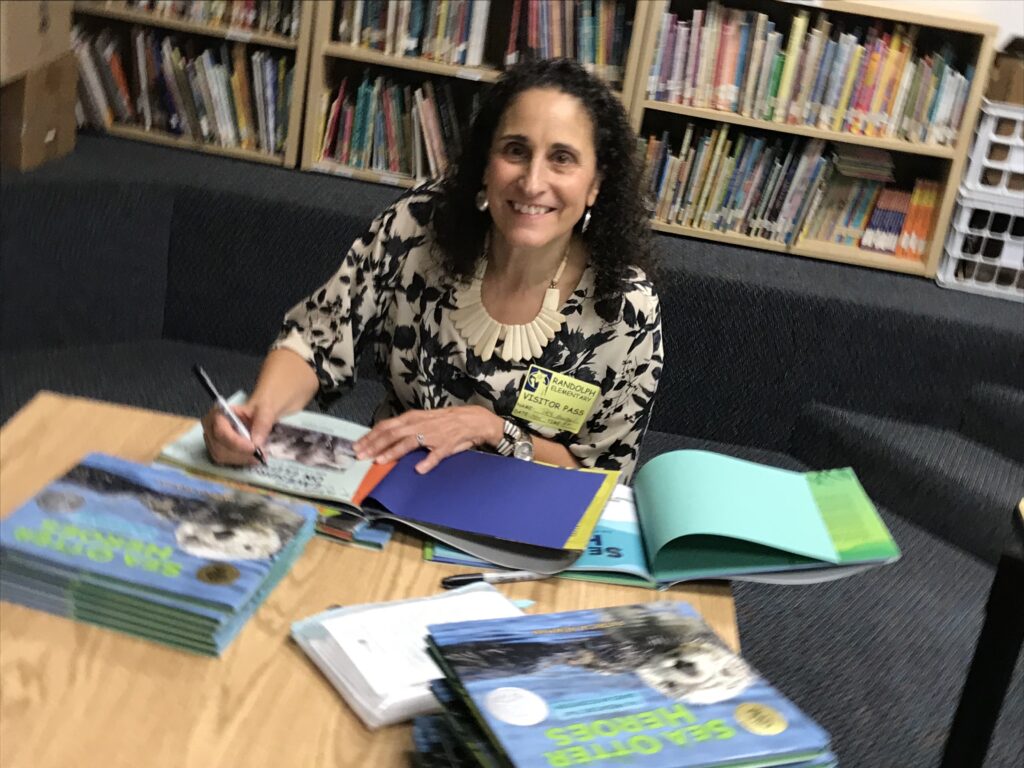
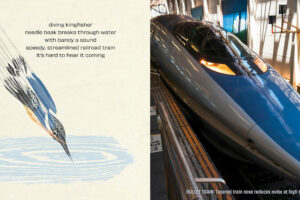
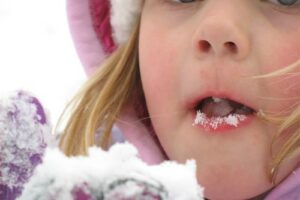
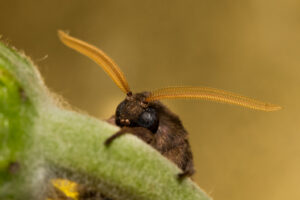
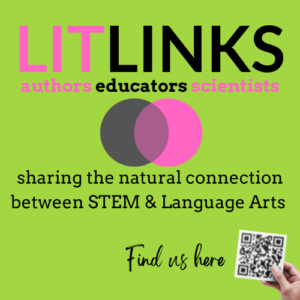
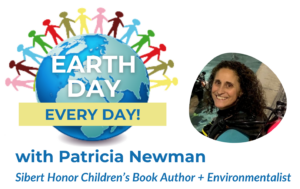
Leave a Reply
Your email is safe with me.